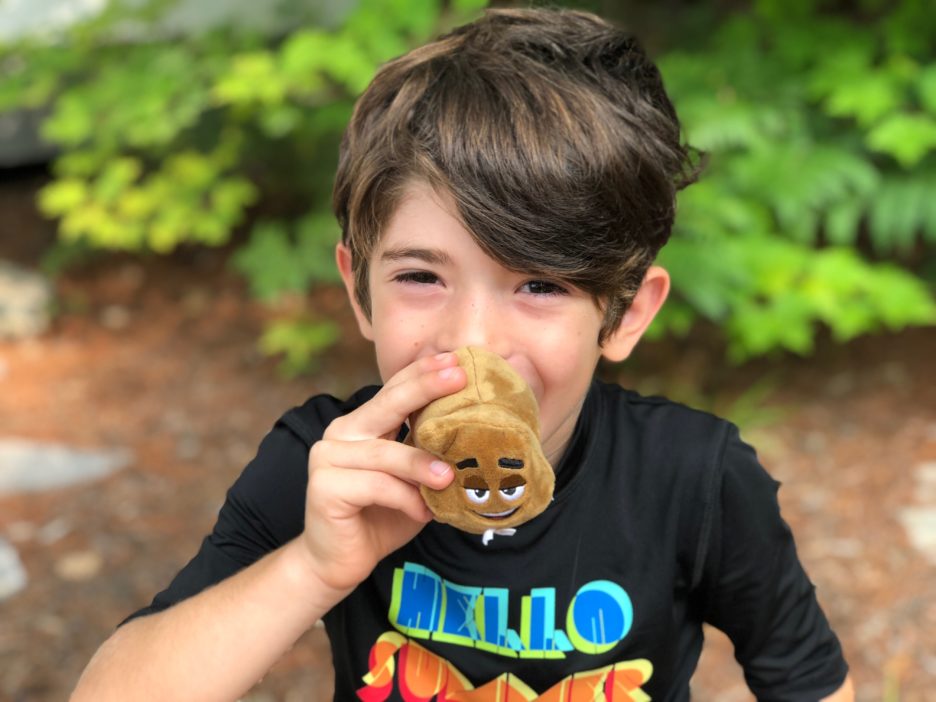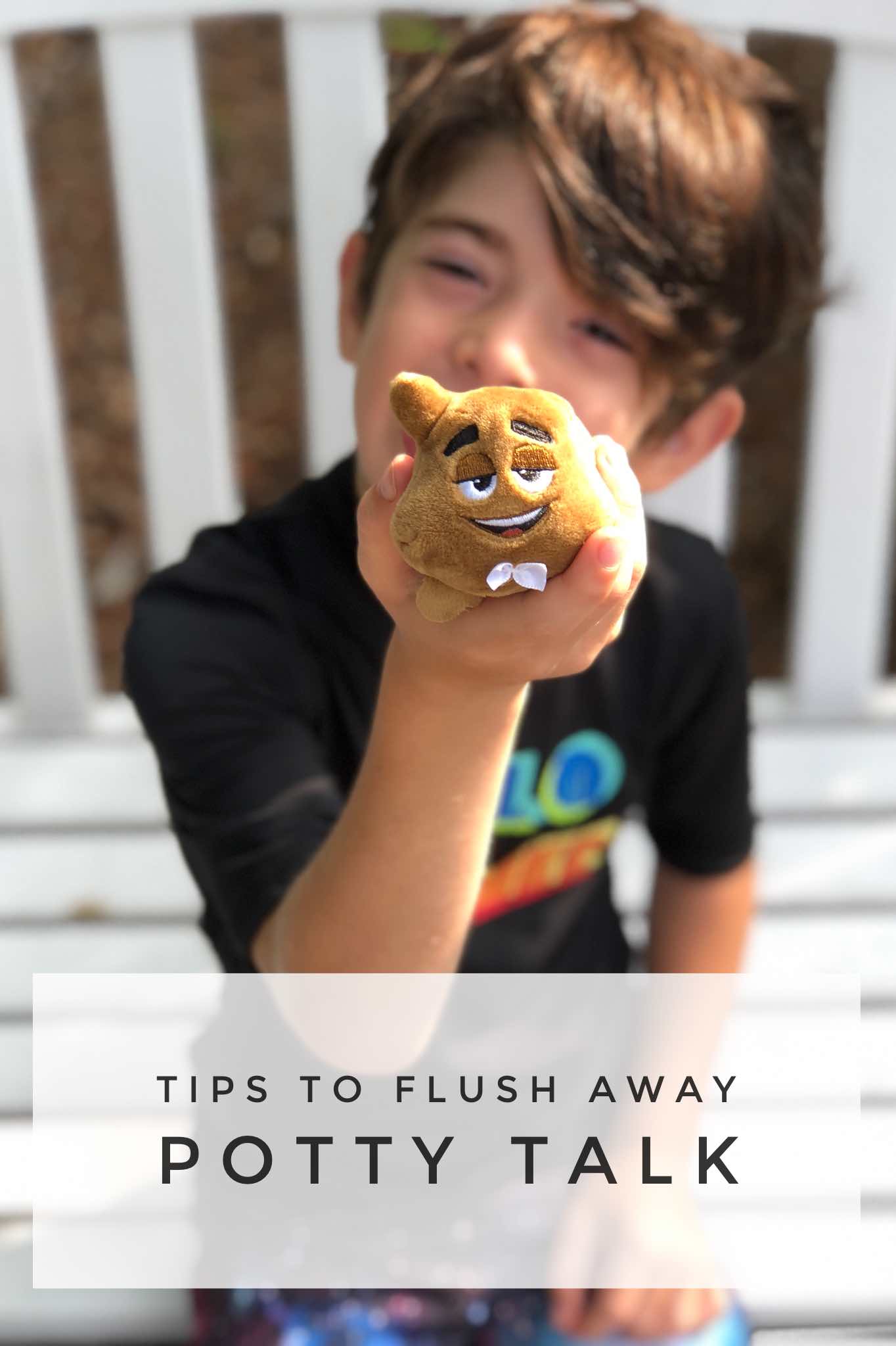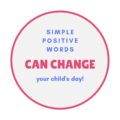Do these sound familiar? “Poo, poo head!” “Butt face! “or “Butt” in general? For many parents, these (and more) are common statements that children may be using. It is not uncommon for young kids to experiment with foul language as they think it is funny and certainly gains them a lot of attention. Initially we may smile and think they sound so cute. But as kids become obsessed and when every other sentence contains toilet words, parents begin to wonder just how to leave that potty mouth in the bathroom.
Tips to help flush down that potty talk
Kids learn what to do and say based on the consequences they receive. Potty words can sound funny, so kids experiment with this language, and when others laugh, it reinforces their behaviour. As hard as it may be, try NOT to give a lot of attention to this type of talk.
Have you ever stopped and watched kids playing together? They are constantly imitating one another. From acting out a superhero scene or role playing a TV show, kids mimic what they observe. First, monitor what your children are watching. Not all kids’ shows are created equal. Sit down with your child while they are watching a show and talk to them about the language that is being used.
Monitor your words
Parents are the most influential role models to their chidlren. Since our children copy what we say and do, it’s critical to be mindful of the type of language you use when little ears maybe close by. No, I am NOT saying that potty talk is part of your repertoire, but in general you may be using words that fascinate kids.
Avoid traditional discipline strategies
Since this language is mostly rooted in the form of attention seeking, time-outs, lectures or loss of a privilege will not work to put a lid on this behaviour. Letting your kids know that body parts and their function is normal, is a conversation you may need to have. Just don’t do it right after they have used that potty language.
While you don’t want to squash your child’s natural humour, it is important to set limits. For younger kids, divide words into the colours green versus red. Green means acceptable and okay to use while red is unacceptable and means STOP! You are not allowed to use. According to full time kindergarten teacher Sara Taylor, “In class, students often use bathroom words when being silly with their friends. These are small opportunities for me to have side conversations about when it’s appropriate to use those words.”
Teach your kids other, more positive ways to get your attention. Spend some time at the library or a book store perusing joke books. Do you remember any knock, knock jokes from your childhood?
Power of Positive Reinforcement
Kids crave your attention and will do almost anything to get it. Getting your child to stop using potty talk means increasing how frequently you catch them being good. While sticker charts can be used for this type of behaviour, they are often not very portable. We attach them to a wall and by the time we remember to give our child a sticker (usually at the end of the day), it has lost its reinforcing power. Consider wearing 10 cool elastics or bracelets. These serve as a reminder that you need to find 10 opportunities to catch your child being good and praise them for it. Once you have reinforced them, take off the band and place on your other wrist. Then repeat until all bands are on your other arm. Or, you may want to consider giving the elastic to your child. This serves as a tangible reward that can be “cashed” in at a later point.
As annoying and embarrassing as this may seem, remember that potty language is a stage that your child will eventually pass through. In the mean time, take a deep breath, turn your back if you must giggle and wait until you have to deal with swear words!
References
- Michele Borba, Ed.D., author of The Big Book of Parenting Solutions: 101 Answers to Your Everyday Challenges and Wildest Worries.
Share this Post








